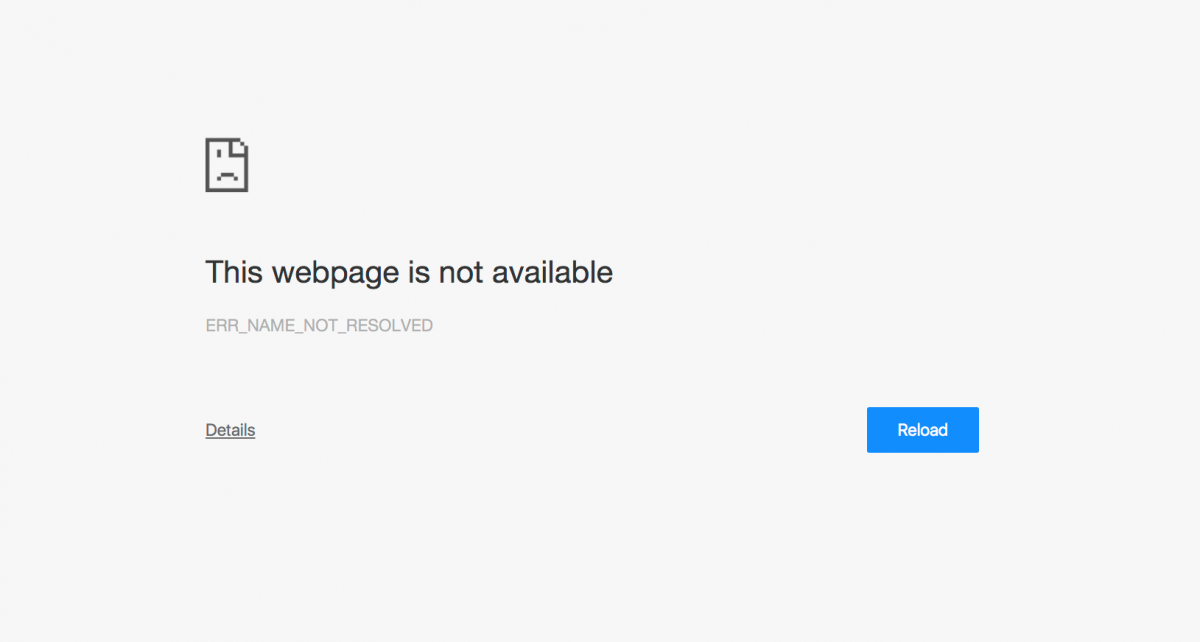We believe the health of the Internet is an important issue that has a huge impact on our society. An open Internet—one with no blocking, throttling, or paid prioritization—allows individuals to build and develop whatever they can dream up, without a huge amount of money or asking permission. It’s a safe place where people can learn, play and unlock new opportunities. These things are possible because the Internet is an open public resource that belongs to all of us.
The open Web is tremendously important and it’s something we should all do our part to protect, however small. I like Surman’s environmental movement analogy:
Consider the parallels with the environmental movement for a moment. In the 1950s, only a few outdoor enthusiasts and scientists were talking about the fragility of the environment. Most people took clean air and clean water for granted. Today, most of know we should recycle and turn out the lights. Our governments monitor and regulate polluters. And companies provide us with a myriad of green product offerings—from organic food to electric cars.
One way you can protect the open Web is to use it. Create a blog or personal space on the Web outside social networks. Something that is yours and that you can use with social networks, not sacrifice for social networks.
If you want to read a little more:
https://pauljacobson.me/2015/12/31/the-web-we-need-to-save/

 RSS – Posts
RSS – Posts
What do you think?